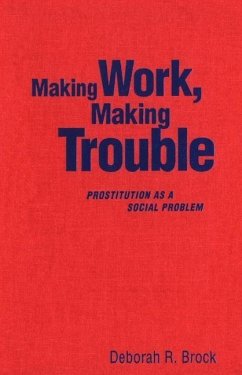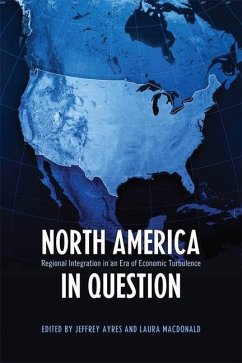
Constructing Neoliberalism (eBook, PDF)
Economic Transformation in Anglo-American Democracies
Versandkostenfrei!
Sofort per Download lieferbar
66,95 €
inkl. MwSt.
Weitere Ausgaben:

PAYBACK Punkte
0 °P sammeln!
Constructing Neoliberalism presents a rich analysis of the shift to neoliberal economic policies in four Anglo-American democracies - Canada, Britain, Australia, and New Zealand - over the course of the 1980s and 1990s.
Dieser Download kann aus rechtlichen Gründen nur mit Rechnungsadresse in A, B, BG, CY, CZ, D, DK, EW, E, FIN, F, GR, HR, H, IRL, I, LT, L, LR, M, NL, PL, P, R, S, SLO, SK ausgeliefert werden.













